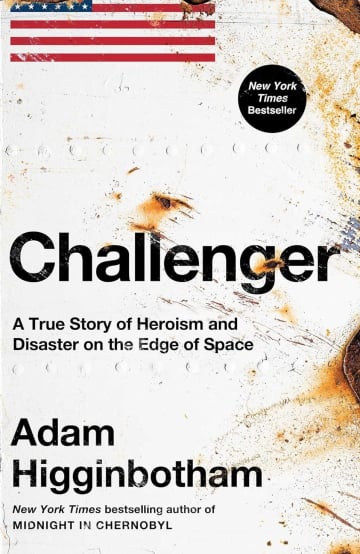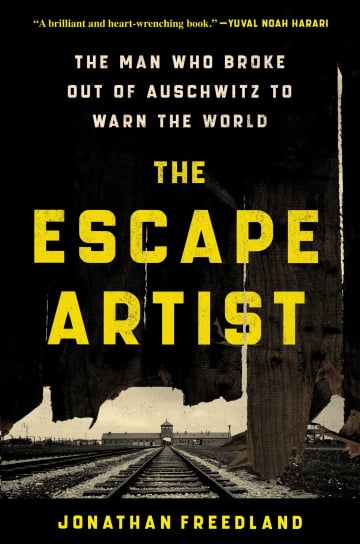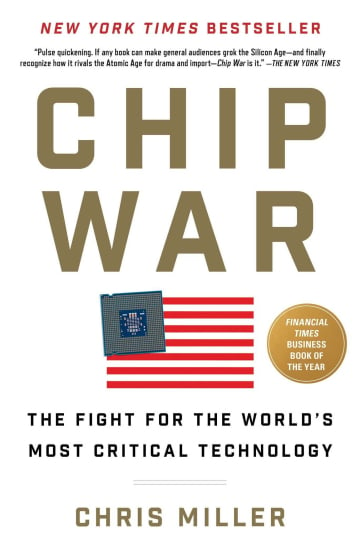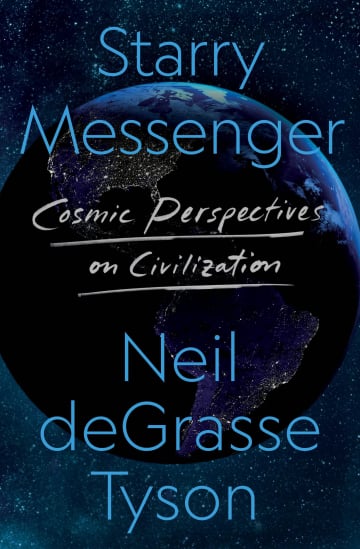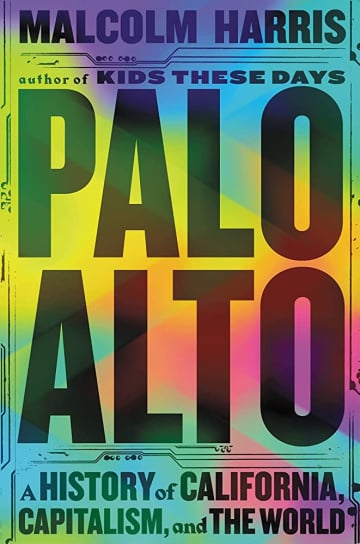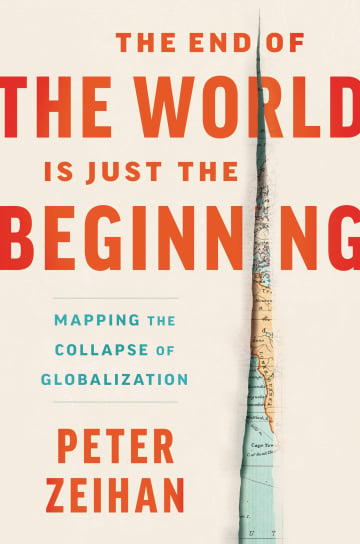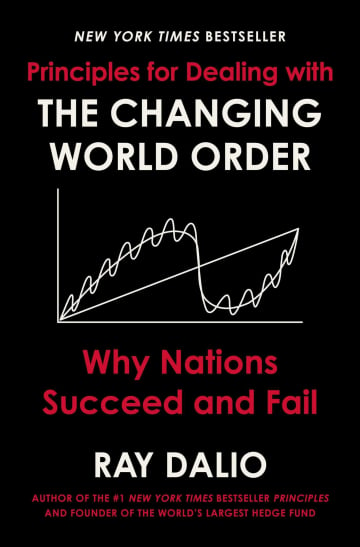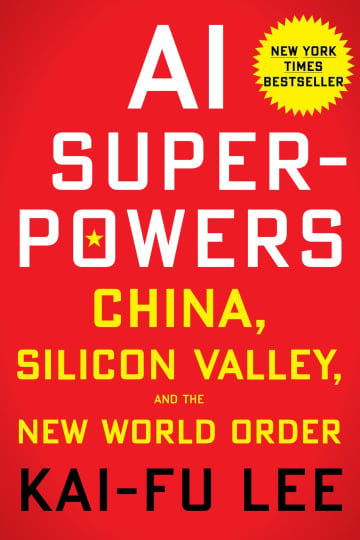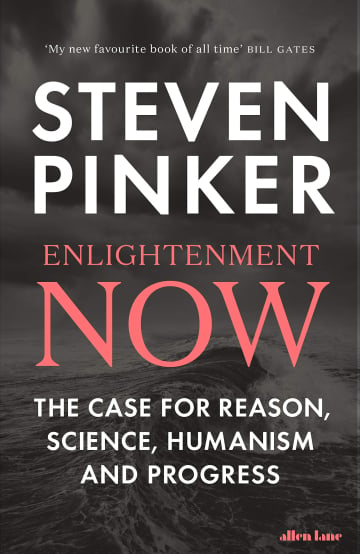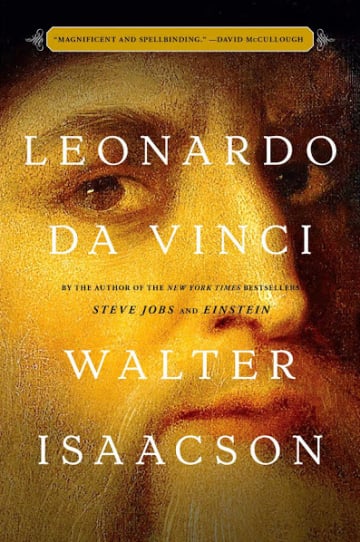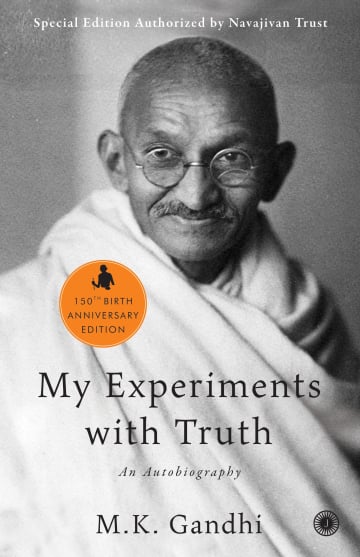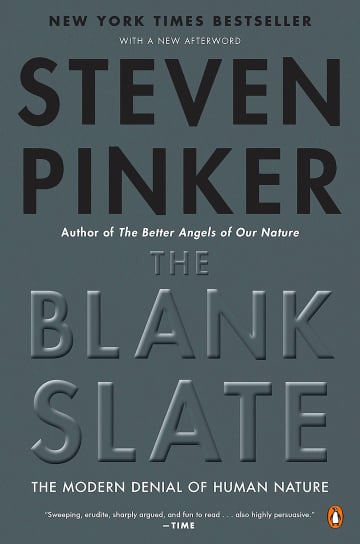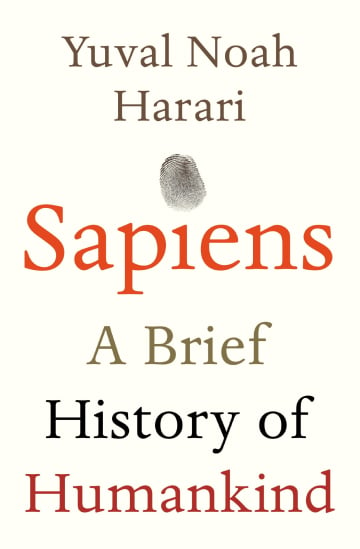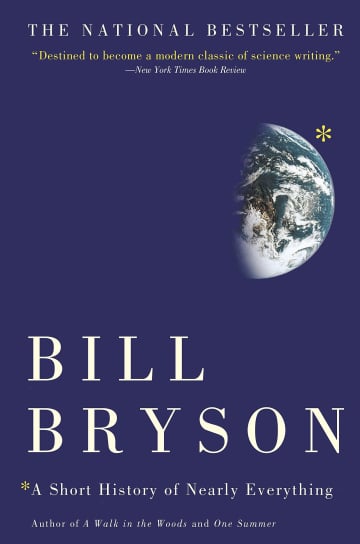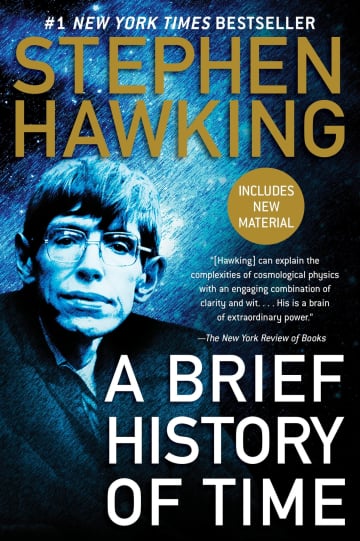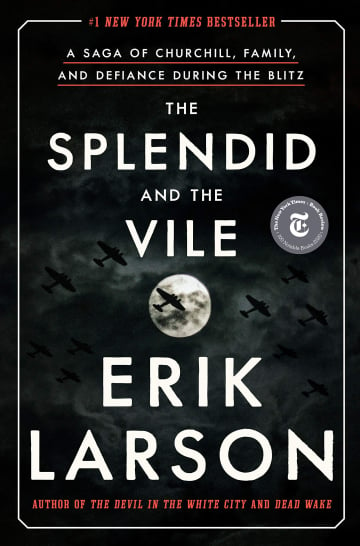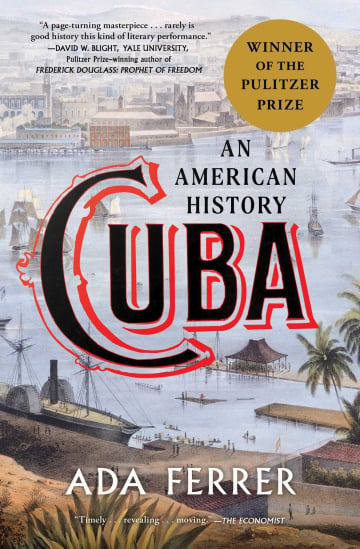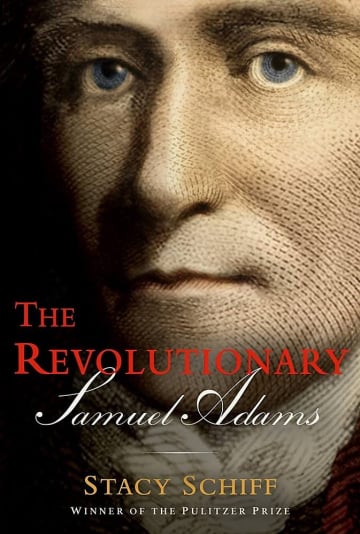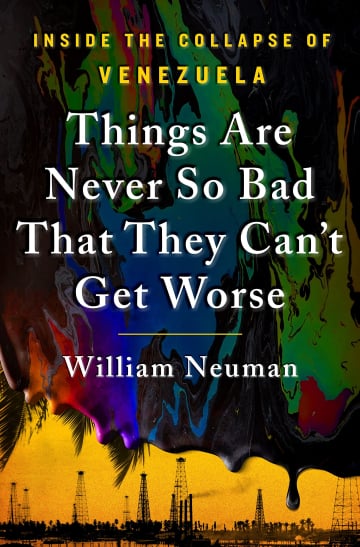
Things Are Never So Bad That They Can't Get Worse: Inside the Collapse of Venezuela
⚡️ 9 Quotes from the book
“The history of Venezuela and oil flows through Mene Grande like the crude oil through the silver pipe.”
“It was like the crushing of a dream. The riots exposed Venezuela as a hollow fantasy—a pretty bauble on the outside, with rolls of money and shopping trips abroad, while inside, there was pulverizing poverty and the usual curse of promises never kept.”
“The blackout played tricks with your mind. It was like jujitsu. It put you off balance, it saw your weakness, and it flipped you. It brought things out of you that you didn’t know were there. You were a different person, before and after the blackout.”
“Maduro was politically astute, affable, and loyal. And he’d learned better than anyone else how to be a survivor in Chávez’s world. Others would earn Chávez’s displeasure and be slapped down or cast out. Maduro took to heart the first rule of life around Chávez: Don’t outshine the boss.”
“So much effort goes into covering over mistakes and pointing fingers at others—playing the victim—rather than fixing the problem.”
“Millions of people, despairing of ever having enough work, money, or food and with no hope for the future, fled. The United Nations in 2020 estimated that more than 5 million Venezuelans had left the country since the crisis began.”
“Sanctions by themselves often were a poor substitute for policy and bigger decision-making.” It can often take a long time for the full effect of sanctions to be felt, he said, and if you get results, it’s hard to know if it was because of the sanctions or other factors. Too often sanctions were something that policy makers did just so that they could say that they’d done something.”
“It seemed contradictory: a paranoid optimist. But that was Chacón. On his side of the street, it was always sunny. The revolution could do no wrong. The other side was always out to spoil the good things the revolution did.”
“Venezuela falls always into the same trap, opting for the strongman, the caudillo, a savior on a white horse. “In Venezuela,” José Vicente said, “there are many people and very few citizens.”
Related videos
Follow the author

William Neuman
Publications
The New York Times: The Disaster That Is Venezuela
Americas Quarterly: A journalist tracks Venezuelan history from boom to bust—and reveals the causes of today’s “tragic impasse.”
Global Americans: A Global Americans Review of Things Are Never So Bad That They Can’t Get Worse: Inside the Collapse of Venezuela
Ask Albert:
Rate the book
⚡️ Discover Even More Bookish Wisdom
recommends
recommends
